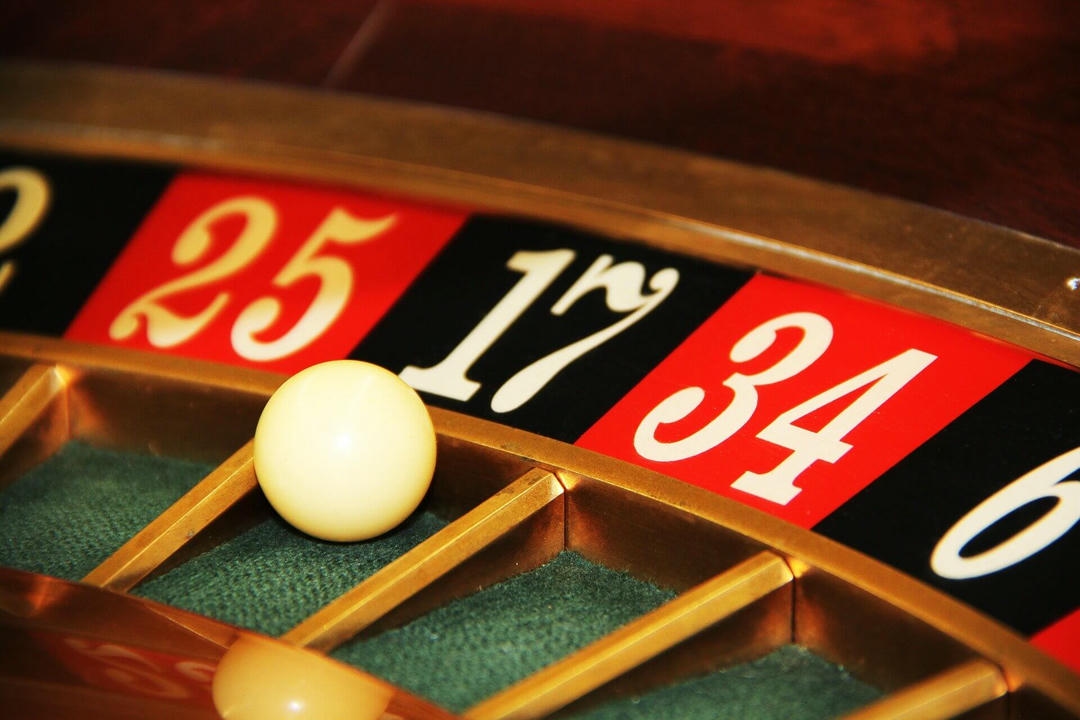
Beginner Tips for Playing Blackjack
Blackjack is one of the most popular casino games, offering an exciting mix of skill and chance. While the game is straightforward to learn, applying the right strategies can make a significant difference in your success. If you’re new to blackjack, here are some essential beginner tips for playing blackjack to help you get started.
1. Learn the Rules of the Game
Before you sit at a table or start playing online, make sure you understand the basic rules of blackjack:
- The goal is to beat the dealer by having a hand value closer to 21 without exceeding it.
- Numbered cards are worth their face value, face cards (King, Queen, Jack) are worth 10, and Aces can be worth 1 or 11.
- The dealer must draw cards until they reach 17 or higher, and players must decide whether to hit, stand, split, or double down.
Familiarizing yourself with these rules gives you a solid foundation for the game.
2. Understand Basic Strategy
Blackjack is one of the few casino games where strategy can influence the outcome.
- Use a Basic Strategy Chart: These charts outline the best moves for every hand based on the dealer’s upcard and your total.
- Stick to the Strategy: Avoid making emotional decisions and rely on the chart to guide your play.
Basic strategy reduces the house edge to as low as 0.5%, giving you the best chance of winning over time.
3. Manage Your Bankroll
Proper bankroll management is crucial for a fun and sustainable blackjack experience.
- Set a Budget: Decide how much money you’re willing to risk before you start playing.
- Bet Sizes: Keep your bets small relative to your bankroll, such as 1–2% per hand, to extend your playtime.
- Walk Away When Needed: Stick to your limits and avoid chasing losses.
A disciplined approach ensures you can enjoy the game without overspending.
4. Avoid Insurance Bets
Insurance bets may seem tempting, but they rarely benefit players in the long run.
- What is Insurance? If the dealer’s upcard is an Ace, you can place an additional bet that pays if the dealer has blackjack.
- Why Skip It? The odds are not in your favor, and the house edge increases when you take insurance.
Focus on your main hand and avoid side bets unless you’re an experienced player.
5. Start with Low-Stakes Tables
As a beginner, it’s best to start at low-stakes tables to practice your skills without risking too much money.
- Low-Stakes Games: These tables allow smaller bets, giving you more hands to learn and refine your strategy.
- Free Play: Many online casinos offer free versions of blackjack where you can practice without any financial risk.
Starting small builds your confidence and helps you get comfortable with the game.
6. Know When to Split and Double Down
Splitting and doubling down are two of the most important moves in blackjack.
- When to Split: Always split Aces and 8s. Avoid splitting 10s and 5s.
- When to Double Down: Double down when you have a strong hand (e.g., 10 or 11) and the dealer has a weak upcard (e.g., 4, 5, or 6).
Mastering these moves can significantly improve your chances of winning.
7. Avoid Emotional Decisions
Blackjack requires focus and discipline, so it’s important to stay calm and stick to your strategy.
- Don’t Chase Losses: Trying to recover losses with larger bets often leads to bigger losses.
- Take Breaks: If you’re feeling frustrated or fatigued, step away from the table.
Keeping a clear head ensures you make smarter decisions.
8. Play at Trusted Casinos
Whether online or in a physical casino, make sure you play at reputable venues.
- Online Casinos: Look for licensed and regulated platforms with fair RNG (Random Number Generator) blackjack games.
- Land-Based Casinos: Choose tables with favorable rules, such as 3:2 payouts for blackjack and the dealer standing on soft 17.
Playing at trustworthy casinos guarantees a safe and fair experience.
Conclusion
Blackjack is an exciting game that rewards strategic thinking and smart decision-making. By learning the rules, sticking to basic strategy, and managing your bankroll, you can enjoy a more rewarding and enjoyable experience. Start small, avoid common pitfalls like insurance bets, and always play responsibly. With these beginner tips, you’re ready to hit the tables and have fun!

















